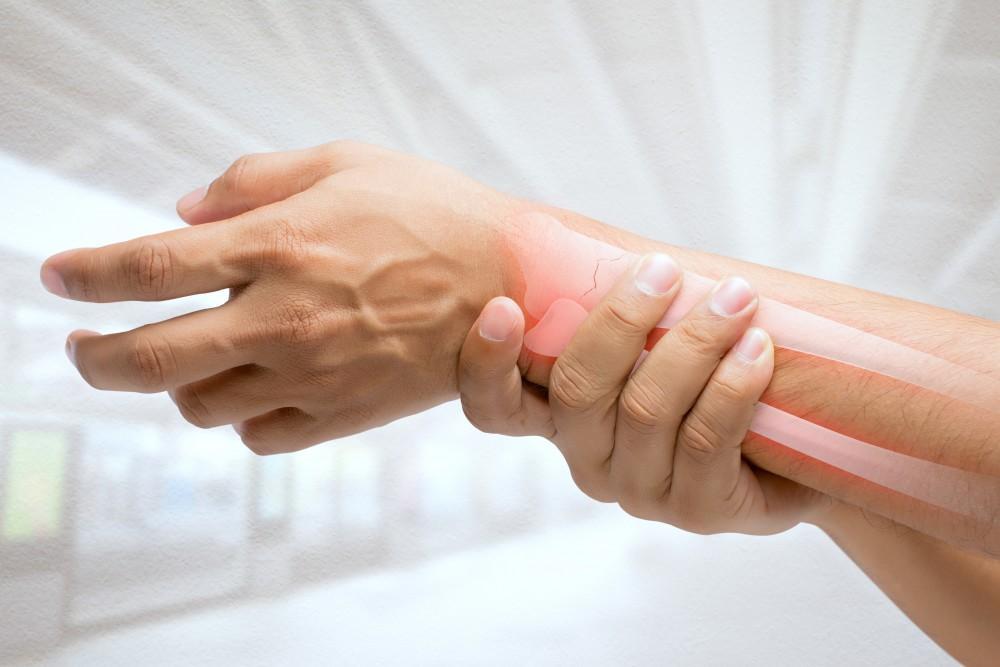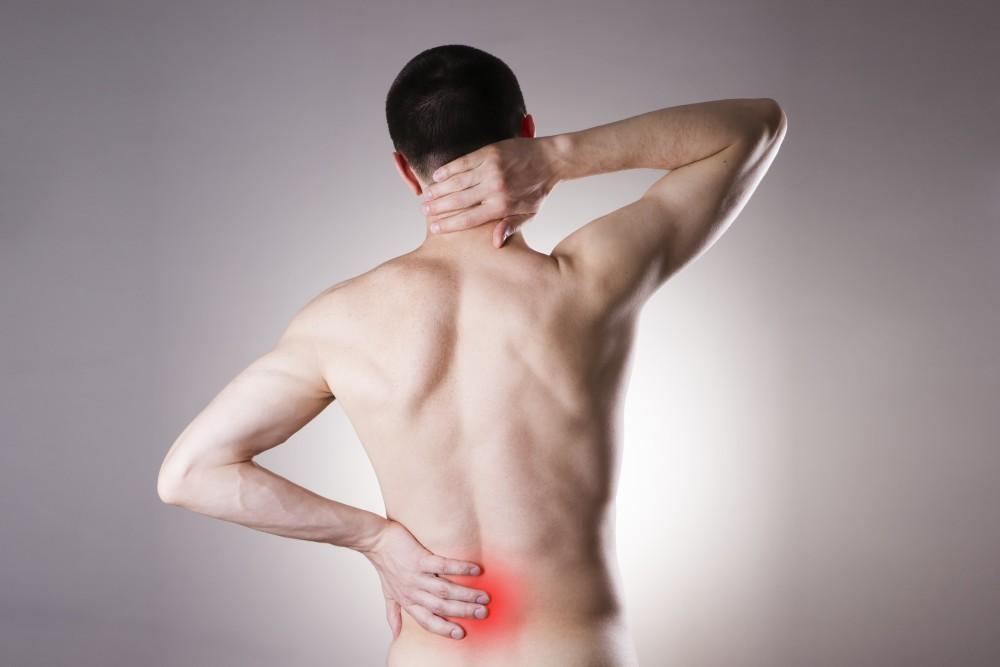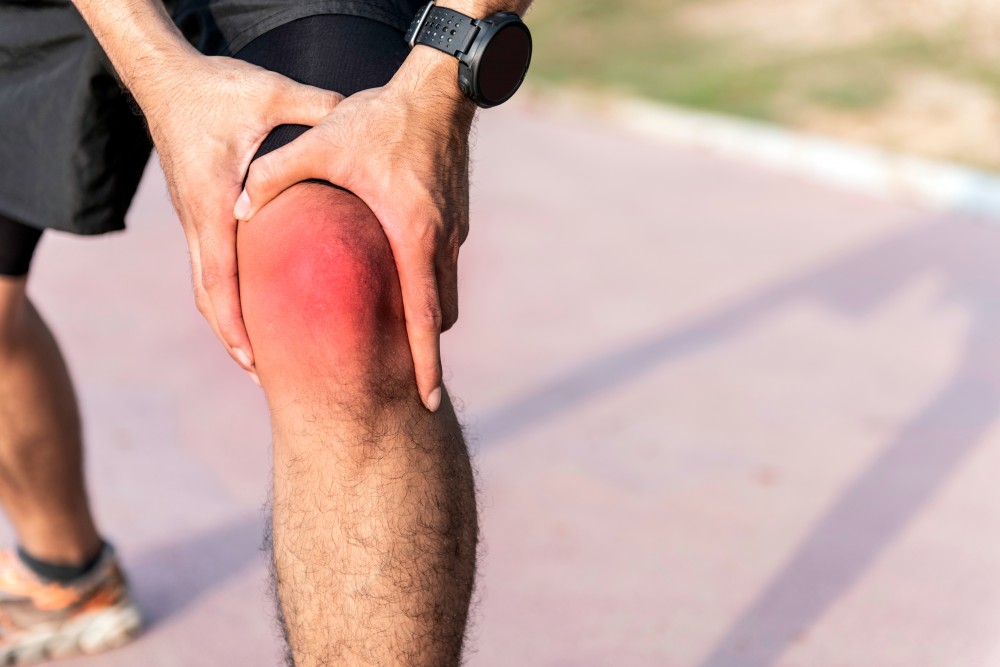
Three Diseases That Cause Hip Pain

Your hip joint is one of the largest in your body, and the responsibility it bears isn’t insignificant: It’s one of your primary weight-bearing joints, so when there’s a problem, your mobility and overall quality of life are greatly affected.
Countless people are affected by hip pain, whether from a sports injury, sitting at an office desk for too long, or because of a chronic condition. There are some diseases that are responsible for a disproportionate amount of hip pain, and it’s important to learn about them so you can practice preventive self-care and be well-informed when you talk with your doctor.
The expertise of the Advanced Spine and Pain team benefits you whether you visit us with hip pain, or you’re trying to avoid it. Dr. Thomas Raley, Dr. Randy Davis, Dr. Brian Lee, and Dr. Alfred Correa are all concerned with keeping your joints in tip-top shape, educating you about self-care, and ensuring that you’re pain-free.
Hip pain defined
First, it’s important to know that, unfortunately, there are many types of hip discomfort, from numbness, burning, and tingling to dull achiness and even sharp, jabbing pain. Along with limited mobility, your legs might become unable to support your weight, or you might notice uncomfortable swelling.
What’s more, when you suffer from chronic hip pain, you might have real trouble finding a position you can be in comfortably. By nature, hip pain can be progressive and worsen with time or increased activity.
No matter what type of hip pain you’re saddled with, it can be discouraging to live with.
Three diseases linked to hip pain
1. Arthritis
There are multiple types of arthritis that can lead to hip pain:
- Osteoarthritis is degenerative and occurs when protective bone cartilage wears away. Aging is the main culprit for this condition.
- Rheumatoid arthritis is an autoimmune disease that causes inflammation throughout your body and attacks your joints.
- Ankylosing spondylitis is a type of arthritis that inflames your spine and causes pain to travel to your hip
- Psoriatic arthritis is systemic and a symptom of psoriasis, an autoimmune disease that affects the skin. It also causes joint pain and affects the hip.
Don’t assume that only certain types of arthritis can cause hip pain — each of these can. Out of all of them, though, it’s osteoarthritis that’s to blame most often when it comes to hip pain.
2. Lyme disease
Contracted through a tick bite, lyme disease has complex symptoms that manifest differently in each patient diagnosed with it. Though we typically think of the bullseye rash that’s an early warning sign, lyme disease is systemic. It causes joint swelling and in turn, hip pain, which can be severe.
3. Lupus
Lupus is another autoimmune disease, where your body’s immune system turns on itself and hurts you rather than helping you to heal. Lupus attacks your hip in several ways. The condition causes joint inflammation, or arthritis, that can affect your hip.
If you have lupus, you have a greater chance of developing osteoarthritis, too, and its attendant hip pain. Less commonly, lupus sufferers experience infections that occur in the hip.
Finally, many people with lupus take cortisone medications for extended periods, which ups their risk for damage to the ball of the hip. This is known as osteonecrosis.
Don’t put off getting treated for any type of hip pain
Whether your hip pain is directly related to a chronic disease or not, you shouldn’t live with discomfort for an extended period, especially when treatment options are available. The Advanced Spine and Pain team approaches hip pain with conservative treatments first, like rest, a course of physical therapy, and safe pain medication options.
Slightly more invasive but easy-to-tolerate are steroid injections that target your hip inflammation.
We also offer two innovative treatments that are quite successful in relieving hip pain by harnessing your body’s own healing abilities. Both are minimally invasive:
- Stem cell therapy uses your stem cells, which can transform themselves into other types of cells, to bolster healing wherever you need it. They can actually replace or repair compromised tissue.
- Platelet-rich plasma treatment involves extracting your own blood, reconstituting it into a concentrated healing serum heavy with platelets, and reinjecting it into your hip area. Platelets have extraordinary healing properties.
Finally, we may recommend hip replacement surgery. If this option will provide the best pain relief, we guide you through how to prepare for your procedure, the surgery itself, and your recovery.
Call the office closest to you to schedule an appointment with one of our physicians to discuss hip pain treatment options, or request one online.
You Might Also Enjoy...


Understanding the Difference Between Cervical and Lumbar Stenosis

What to Expect After Radiofrequency Ablation for Neck Pain

When to Consider Injections for Your Sciatic Pain

What Happens When You Throw Your Back Out?

